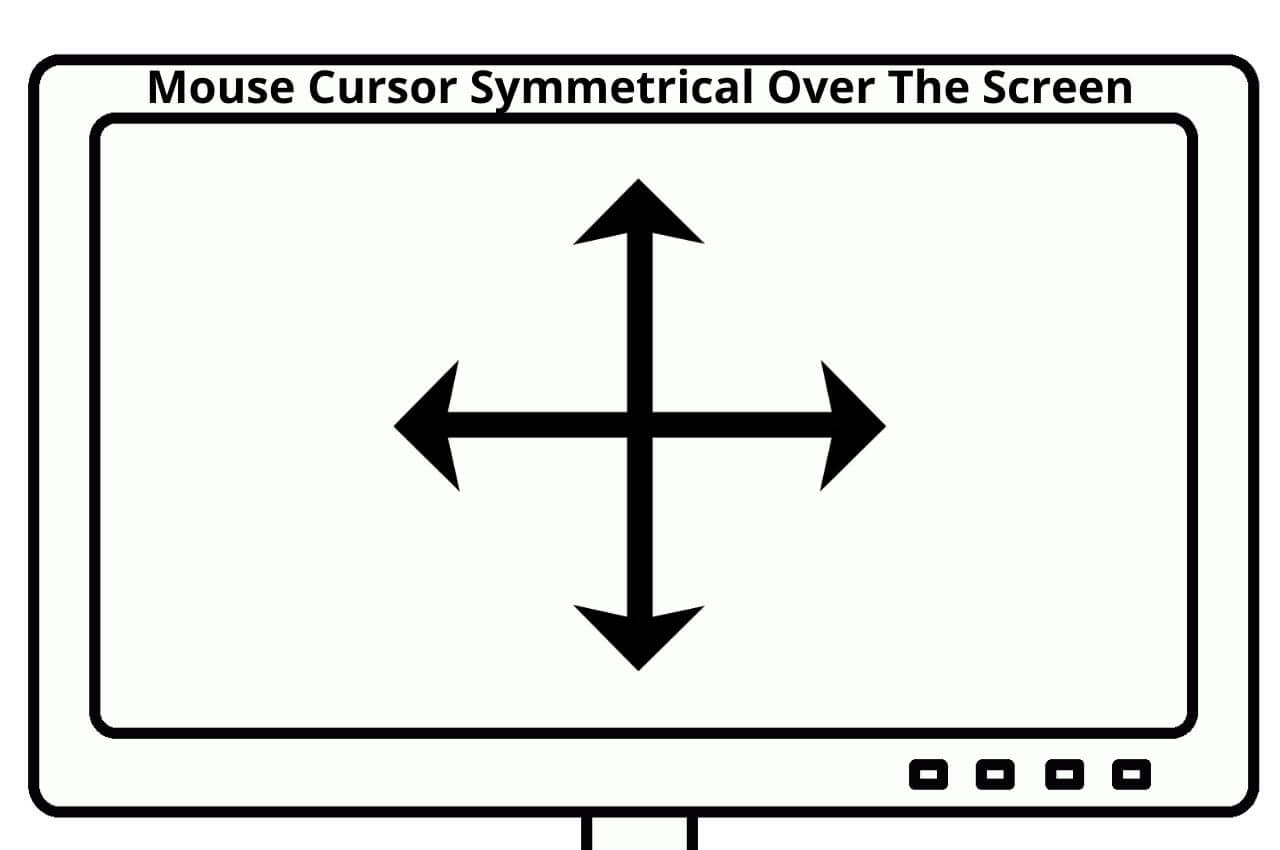A heart attack is a cardiac disorder occurring due to a blockage in blood flow. There can be a handful of reasons behind such blockage often including the building up of cholesterol, fat, and other biological elements that can lead to the formation of plaque in coronary arteries (arteries taking blood to the heart). On splitting, these plaques have the tendency for clot formation blocking the flow of blood which as a result can damage a specific portion of heart muscles.
Have you ever wondered, knowing that taking a dose for any disease via injection can put you in a trouble by increasing the risk of a heart attack? Here is the reason for such an instance.
The reason explained.
Generally, a blockage that leads to a heart attack is caused due to accumulation of any element in a portion between the cardiac artery stopping the blood flow. But to a novel instance, a blockage in the coronary artery could also be caused by an air bubble.
To get more specific with this fact, a case in point reveals that, when a doctor injects you with any dose, firstly he clears the syringe and takes out one to two drops of dose from the syringe allowing the air bubble to enter the injection. Once he puts the needle of the syringe inside your skin, the air bubble is now inserted into your body. This air bubble may enter your coronary artery, putting an air bubble inside it, thereby blocking the blood flow and causing a heart attack. This process is known as “Air embolism”.
Air embolism.
Also identified as a gas embolism, air embolism is a blockage of a blood vessel caused by one or more bubbles of air/gas in the circulatory system.
This air bubble can be acquainted into the circulation during decompression, surgical procedures, and a few others. There are more chances of divers suffering from air embolisms as a result of lung over-expansion injury.
On the introduction of the breathing gas due to pulmonary barotrauma into the venous system of the lungs, it will not be trapped in the alveolar capillaries, which as a result be circulated to remaining parts of the body through the systemic arteries, with a high risk of embolism.
However, some air bubbles often get into the blood unintentionally during surgery and other medical procedures (for example, a bubble entering a venous fluid line), most of these air emboli enter the veins and are stopped at the lungs.
Further, a gas embolism can happen when a blood vessel is exposed and a pressure rise exists favoring the entry of gas. In the veins above the heart, the venous pressure may be less than atmospheric and an injury may let air in. It s due to this reason why doctors must be chiefly careful when operating on the brain, and why the head of the bed is slanted down when injecting or removing a central venous catheter from the jugular or subclavian veins.
Additionally, when air enters the veins, it travels to the right side of the heart, and then to the lungs that cause the vessels of the lung to constrict, raising the pressure in the right side of the heart.` Once the pressure rises, can affect the left side of the heart leading to damage in coronary arteries, thereby leading to a heart attack.












Such a useful Post! Wonderful Blog